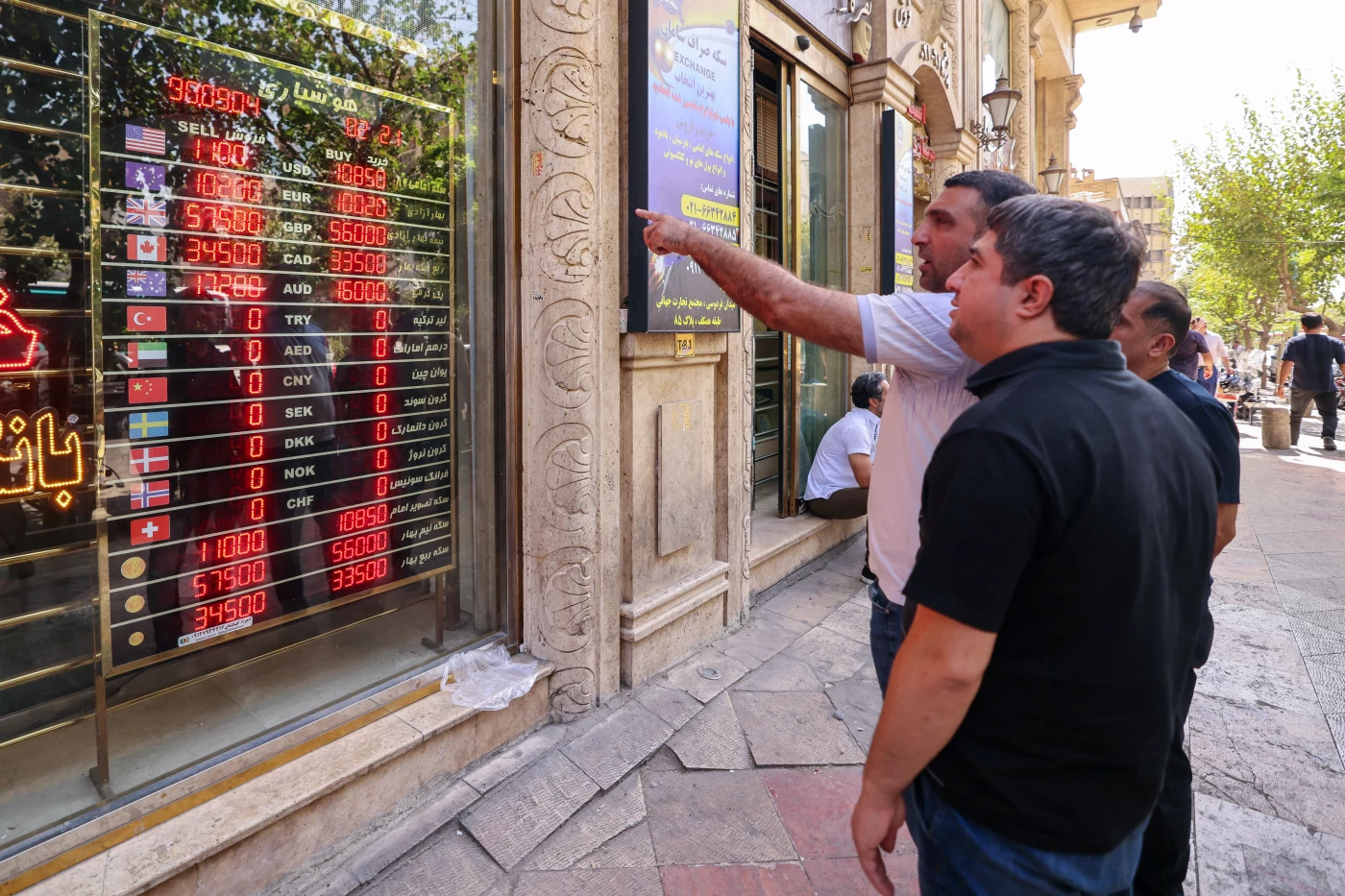ERBIL, Kurdistan Region of Iraq - After UN sanctions against Iran over its nuclear program took effect on Saturday after a decade of respite, concerns have been brewing in Baghdad of the political and economic fallout the move will bring to bear on Iraq given its shared border and extensive trade links with Iran.
Iraq's Parliamentary Finance Committee said the sanctions on Iran will directly affect Iraq, stressing that “Iraq is following the matter with concern.”
Committee member Moeen al-Kadhimi told The New Region that “Iraq is closely monitoring with deep concern the repercussions of the international sanctions imposed on the Islamic Republic of Iran, given their direct impact on Iraq’s economic and financial situation. This is due to the volume of trade exchange and the growing dependence on Iran in essential areas, primarily energy, foodstuffs, and consumer goods.”
Kadhimi explained that “the geographic and economic ties between Baghdad and Tehran make Iraq one of the countries most affected by these sanctions. The main challenges expected include fluctuations in energy supplies, especially in importing gas and electricity, which may strain the national grid and worsen the citizens' access to power. In addition, prices of imported goods could rise due to restrictions on financial transfers and difficulties in trade exchange, which may reduce Iraqis’ purchasing power.”
He added, “Parliament, in coordination with executive authorities, is addressing these developments with high seriousness. Work is underway to prepare urgent measures, most notably diversifying import sources and opening up to alternative markets to reduce dependence on a single party. Plans are also being drawn up to support national production and encourage local investment to cover part of the expected shortages.”
He concluded that “Iraq faces complex challenges under current regional and international circumstances, but the Finance Committee is determined to take all measures necessary to safeguard the stability of the economy and protect citizens from additional burdens, while maintaining balanced relations with neighboring countries in a way that serves Iraq’s supreme national interests.”
“Caution is necessary”
Economic expert Nasser al-Kanani on Sunday also warned of the repercussions of sanctions on Iran for the Iraqi economy in the coming phase.
Kanani told The New Region that “caution must be exercised regarding the serious consequences of the international sanctions imposed on the Islamic Republic of Iran and their direct and indirect impacts on Iraq’s economy. Iraq, due to its extensive trade and economic ties with Iran, will be one of the most affected countries.”
He pointed out that “Iraq relies heavily on imports from Iran in energy, foodstuffs, and essential goods, as well as vital sectors such as electricity and gas. This makes Iraq vulnerable to economic pressure if sanctions intensify or are applied strictly.”
He stressed that “Iraq imports from Iran nearly $10 billion annually in goods and services, including items directly related to its energy security. Any disruption in these supplies would trigger crises in the local market, from rising prices to shortages of some materials.”
Kanani noted that “sanctions may also affect financial transfers and banking transactions between the two countries, weakening Iraqi traders’ ability to meet obligations and disrupting supply chains. This could open the door for the black market and increase smuggling through border crossings.”
He called on the Iraqi government to “diversify import sources and open up to alternative markets in the region and beyond to reduce risks, in addition to developing a national strategy to achieve self-sufficiency in certain agricultural and industrial sectors to ease Iraq’s dependency on external partners.”
He emphasized the “importance of active diplomatic efforts by Baghdad to ease pressures and negotiate international exceptions for Iraq regarding gas and electricity imports, similar to previous arrangements.”
The economic expert concluded that the sanctions era poses a major challenge for Iraq, but at the same time it may be an opportunity to reconsider its economic and financial policies, strengthening its ability to build a more balanced economy that is relatively independent from regional and international crises.
The sanctions, which ban dealings related to Iran’s nuclear and missile programs along with other measures, automatically took effect at 8 pm New York time on Saturday, ten years after they had been lifted, coming after the UK, France, and Germany triggered the “snapback” process.
The European powers accused Iran of non-compliance with the 2015 nuclear deal, formally known as the Joint Comprehensive Plan of Action (JCPOA). The snapback mechanism permits the reactivation of UN sanctions if Iran is deemed in violation of its nuclear obligations.
“The reactivation of annulled resolutions is legally baseless and unjustifiable … all countries must refrain from recognizing this illegal decision,” the Iranian foreign ministry said in a statement on Sunday.



 Facebook
Facebook
 LinkedIn
LinkedIn
 Telegram
Telegram
 X
X


